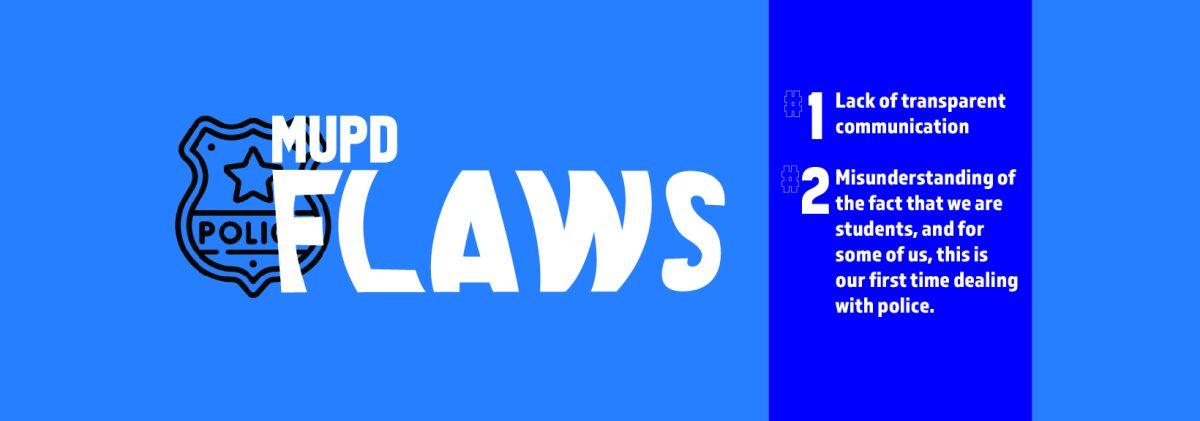I stumbled upon Ben Levin’s column “[Ron Paul’s underserved cult](https://www.themaneater.com/stories/2012/10/2/ron-pauls-underserved-cult/)” while searching for election news and felt compelled to respond. I think younger Ron Paul supporters deserve more credit than you are giving them. Ending the failed war on drugs is only one small part of his platform that many people find appealing. Is it difficult to believe that college students might support him based on his stances on personal liberty, monetary policy, non-interventionism, etc.? I think the fact that he isn’t a typical politician is hugely appealing. Who really likes listening to a politician pandering or reading from a teleprompter? As for his stance on healthcare, you yourself pointed out that he is a physician. Perhaps Dr. Paul has witnessed first-hand how the government’s increased role in healthcare has interfered with the doctor-patient relationship and driven up healthcare costs. If the taxpayers are footing the bill for programs like Medicare and Medicaid, what is to stop healthcare providers from charging as much as they can and subsequently driving up the price of all healthcare? If your answer is “the government,” would you really want a Washington bureaucrat determining how much your medical procedure is worth? Competition works in other markets, why not healthcare? Geico could save me twenty percent or more on my car insurance.
In regards to higher education, I don’t believe college is a right that all Americans are entitled to; it is an investment in one’s future and should be treated accordingly. The upfront costs, including living expenses and healthcare, need to be weighed with the potential benefits, i.e. salary and job availability. If someone wants to go to college just for the “experience” and pursue a major that has little demand in the marketplace (a poor return on investment), that is his/her prerogative, but taxpayers shouldn’t have to subsidize it. I am sure some sociology, humanities, ethnic studies, etc, majors will go on to work in their respective fields, and good for them, but I think the number of graduates from those fields compared to the demand for them is grossly disproportionate. I met a lot of sociology majors in college, but with the exception of college professors, I have yet to meet one that has parlayed it into a career. You might say “maybe there is more to a degree than money and job placement,” and you would be right. But why not just get a library card?
In short, I just wanted to “start a dialogue” and apply “critical thinking” after reading your shallow criticism of Dr. Paul and his “cult.” And yes, there was a fight at the convention. Don’t you read the news?
Aaron Schlabaugh
[email protected]











